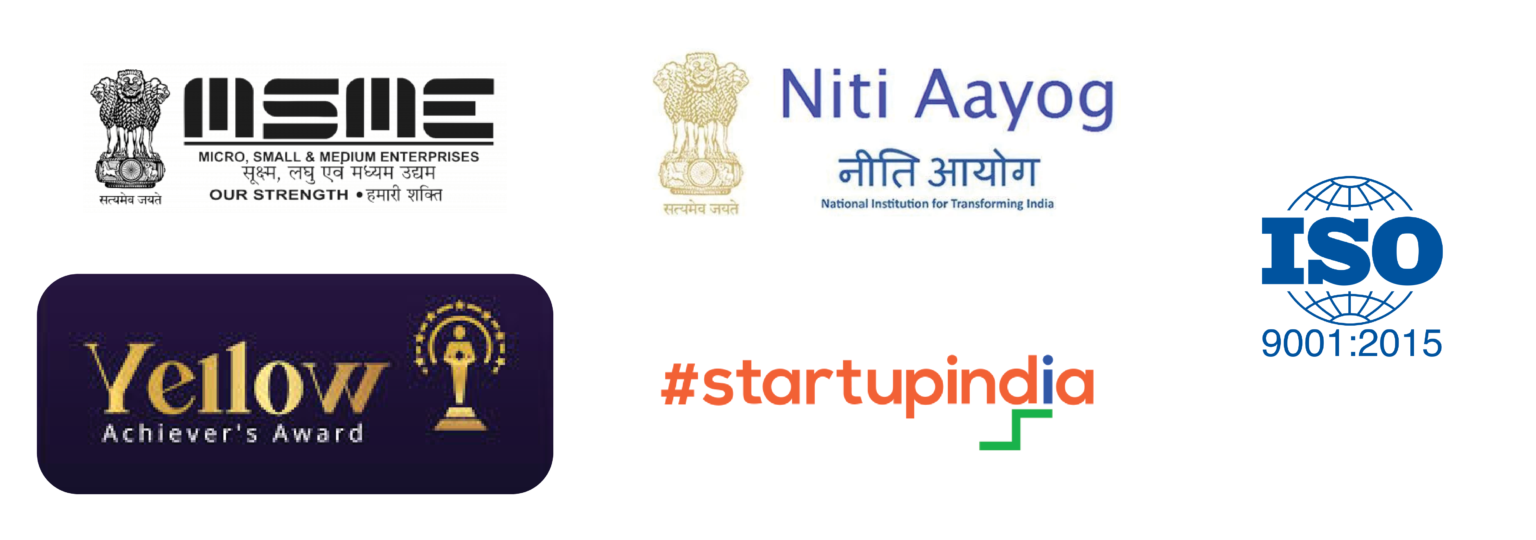
Ta Ra Su, short for Talukina Ramaswami Subba Rao, was a renowned Kannada writer, dramatist, and novelist, celebrated for his impactful contributions to Kannada literature. Born on April 21, 1912, in Hoskote, Karnataka, Ta Ra Su’s works often explored themes of history, culture, and human emotions, making him one of the most respected literary figures in Karnataka.
Here are some notable aspects of Ta Ra Su’s work and influence:
- Historical Novels: Ta Ra Su is best known for his historical novels, which bring Karnataka’s past to life. His novels such as Hamsageethe (The Swan Song), Durgasthamana (The Fall of Durga Fort), and Chandavalliya Thota (The Garden of Chandavalli) are classics. His writing combined meticulous historical research with vivid, emotional storytelling, making history accessible and engaging for readers.
- Poetic and Dramatic Style: His writing was lyrical and rich in descriptions, weaving cultural and historical elements in an accessible yet artistic manner. His poetic storytelling brought depth to his characters and settings, allowing readers to immerse themselves fully in his narratives.
- Cultural Influence: Ta Ra Su was deeply rooted in the Kannada language and Karnataka’s cultural heritage, and his works reflect this connection. His novels often depict Kannada culture, traditions, and landscapes, adding a layer of authenticity and identity to his writing.
- Adaptations and Popularity: His novel Hamsageethe was adapted into a well-received Kannada movie of the same name, directed by G. V. Iyer. This adaptation helped popularize his work even further and introduced his stories to a broader audience beyond literary circles.
- Awards and Recognitions: Ta Ra Su received several awards, including the prestigious Karnataka Sahitya Academy Award, acknowledging his invaluable contributions to Kannada literature. His works have been widely appreciated by both critics and readers.
Several of Ta Ra Su’s acclaimed novels have been adapted into successful Kannada films, with his deep historical narratives and vivid storytelling translating well to the screen. Here are a few notable adaptations:
- Hamsageethe (The Swan Song): Adapted by: Directed by G. V. Iyer in 1975. Plot: The story revolves around a legendary singer, Bhairavi Venkata Subbiah, whose dedication to music is challenged by the conflicts between art, spirituality, and worldly life. The movie beautifully captures the nuances of devotion to art and the inner turmoil of the artist. Impact: This film is a classic in Kannada cinema and is renowned for its aesthetics, strong performances, and musical score. It won multiple awards and is still celebrated for its faithful and poetic adaptation of Ta Ra Su’s novel.
- Chandavalliya Thota (The Garden of Chandavalli): Adapted by: Directed by T. V. Singh Thakur in 1964. Plot: The novel and its film adaptation focus on family conflicts, moral dilemmas, and social themes within a rural Karnataka setting, dealing with issues of greed, familial loyalty, and honor. Impact: This adaptation was well-received for its strong storytelling and is regarded as one of the significant films in Kannada cinema. It won awards and became a popular choice among fans of Kannada literature and cinema alike.
- Durgasthamana (The Fall of Durga Fort): Adapted by: Although a full-fledged film adaptation has not been produced, there have been dramatizations and performances inspired by this novel. Plot: This historical novel depicts the struggles and valor of the people of Karnataka during the fall of the Durga fort. It paints a vivid picture of resilience and valor, showing how communities fight for their dignity and survival. Potential and Impact: While not yet a mainstream movie, the story’s powerful themes of resistance and sacrifice continue to make it a rich source for adaptations in theatre and discussions in Kannada literary circles.
These adaptations have been instrumental in popularizing Ta Ra Su’s works, bringing his literary contributions to wider audiences and cementing his legacy in both literature and Kannada cinema. His novels remain beloved for their intricate portrayal of Karnataka’s history and culture, providing a foundation for many more possible adaptations
Ta Ra Su (Talukina Ramaswami Subba Rao) received several awards and honors in recognition of his significant contributions to Kannada literature, especially for his historical novels and culturally rich storytelling. His awards include:
- Karnataka Sahitya Academy Award: Ta Ra Su received this prestigious award, one of the highest literary honors in Karnataka, for his outstanding contributions to Kannada literature. His novels, especially those with historical themes, were praised for their depth, detail, and lyrical quality.
- Soviet Land Nehru Award: He was honored with the Soviet Land Nehru Award for his translation work, which fostered cultural exchange between India and the Soviet Union. This award recognized Ta Ra Su’s contributions to promoting literature and knowledge across cultures.
- Honorary Doctorate: In recognition of his literary excellence, he received an honorary doctorate from a Karnataka university (likely the University of Mysore), honouring his extensive work and the impact of his novels on Kannada literature and culture.
- Pampa Award (posthumous consideration): Although he did not receive the Pampa Award during his lifetime, his works are frequently discussed and celebrated in literary circles and often appear in discussions of major honors and accolades in Kannada literature.
These awards and recognitions reflect the profound impact of Ta Ra Su’s work on Kannada literature, with his historical novels, character-driven narratives, and cultural themes continuing to inspire readers and writers. His legacy endures as a significant contributor to the literary and cultural heritage of Karnataka
Ta Ra Su passed away on December 10, 1984, but his legacy lives on in Kannada literature, inspiring future generations to delve into the rich history and cultural heritage of Karnataka. His writings remain a testament to the depth and beauty of the Kannada language and literature.
Dr Balaji Singh
Founder & CEO of BPT Group




